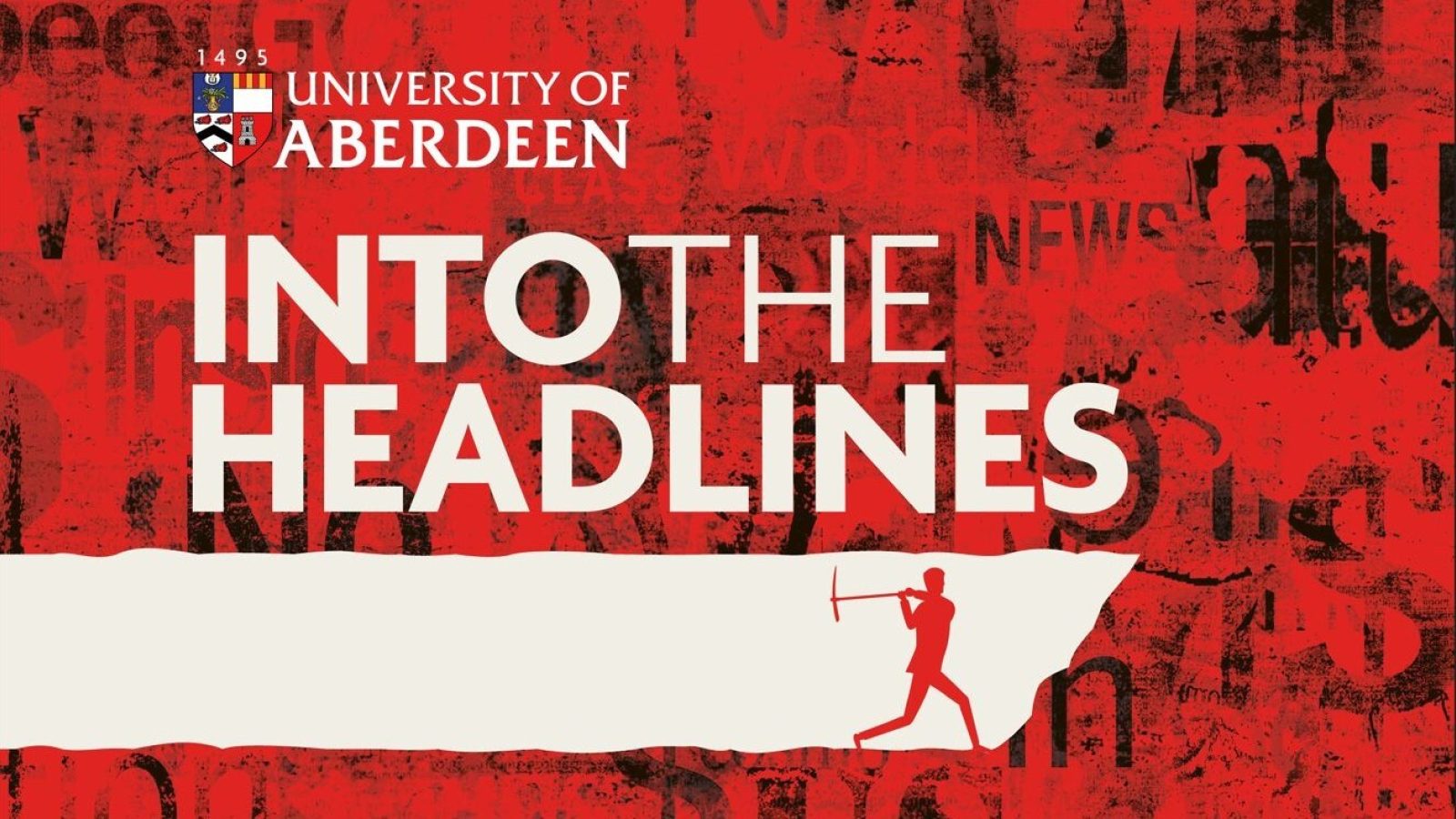World-class research into carbon capture and storage and hydrogen production on the UK Continental Shelf are among the topics discussed in a special Offshore Europe edition of the University of Aberdeen’s news podcast.
Marking the 50th anniversary of the conference and exhibition, the episode includes contributions from Alex Kemp, Professor of Petroleum Economics and director of the Aberdeen Centre for Research in Energy Economics and Finance, who recalls his memories of the very first event which took place in 1973 on the grounds of the University. Professor Kemp also considers how the growth of the energy sector has transformed the fabric and fortunes of the Aberdeen city region over the last five decades.
Dr Alf Martinez-Felipe, senior lecturer in Chemical Engineering at the School of Engineering and Dr Rachel Brackenridge, lecturer at the School of Geosciences, talk about their research into hydrogen production and storage solutions at scale; and the skills that are needed by the workforce of the future.
Finally, Professor John Underhill, director of the Interdisciplinary Centre for Energy Transition, shares details of his recently announced study to identify areas of a North Sea gas ‘super basin’ with the greatest potential for storing industrial carbon emissions, a key aim of the energy transition. He also shares his thoughts on what the next 50 years hold for the North Sea energy industry.

The ‘Into the Headlines’ podcast series takes a conversational dive into the news agenda, both those stories released by the University itself and the regional, national and international issues and events impacting society as a whole.
Usually topical, frequently fun and almost always thought-provoking, the first nine episodes are available now on Spotify, Apple Podcasts, Sticher, Google Podcasts and Amazon Music, as well as via the University website.
The University of Aberdeen is exhibiting at the SPE Offshore Europe conference taking place at P&J Live in Aberdeen from 5-8 September, showcasing its world-leading research as part of the main conference programme with expert sessions on digitalisation and AI, critical materials, late-life assets, hydrogen storage and offshore wind.
In addition to the main conference programme, the University is hosting a range of short lunchtime talks on its stand (2E68) that are open to all attendees and cover a wide range of topics related to energy transition as well as upskilling opportunities.
The full programme of activities can be found here.